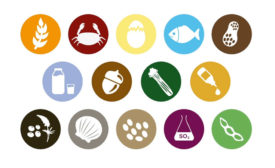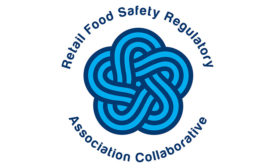Recall/Crisis Management
Anatomy of Food Allergen Recalls
While food allergen recalls are unwelcome, potentially valuable lessons can be learned from these events
February 22, 2022
How WGS Continues to Change Food Safety
Whole genome sequencing is helping identify the root cause of more foodborne illness outbreaks
February 16, 2022
Lighting the Pilot: Georgia Recall Partners Improve Integration Nationwide
Food recalls can be processed more efficiently when regulatory stakeholders collaborate at multiple levels
December 22, 2021
The Retail Food Safety Collaborative: Putting Collaboration into Action at Retail
Honing a strategy for reducing risk at consumer contact
June 20, 2021
An Overview of Historic Foodborne Illness Outbreak Investigations Linked to the Consumption of Sprouts: 2012–2020
Sprout production is inherently conducive to the survival and growth of pathogens
Michael C. Bazaco Ph.D.
Stelios Viazis Ph.D.
Donald C Obenhuber Ph.D.
Patricia Homola Ph.D
Fazila Shakir M.H.S.
Angela Fields M.P.H.
June 17, 2021
Food Safety Lessons from the Field
A mysterious outbreak of sleeping sickness
May 25, 2021
Never miss the latest news and trends driving the food safety industry
eNewsletter | Website | eMagazine
JOIN TODAY!Copyright ©2024. All Rights Reserved BNP Media.
Design, CMS, Hosting & Web Development :: ePublishing










